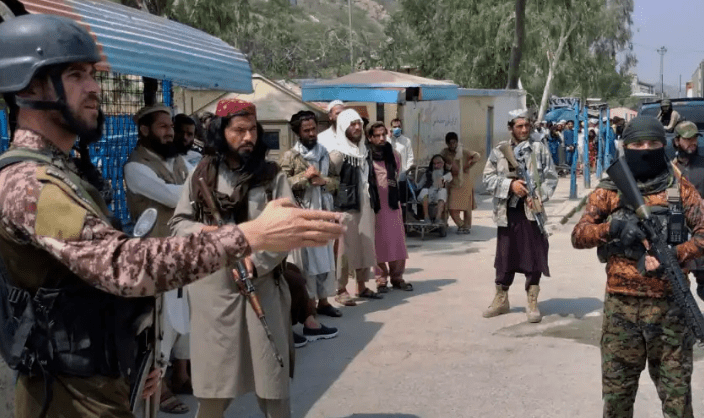Concerns are raised by Afghanistan’s involvement in regional terrorism for neighboring nations.

The volatile situation has manifested in the form of attacks on Pakistan by Tehreek-e-Taliban Pakistan (TTP) and the emergence of the Islamic State’s Khorasan Province (ISKP-ISIS) affecting Iran.
The Central Intelligence Agency (CIA) has officially confirmed ISIS’s responsibility for the suicide bombings in the Iranian city of Kerman.
According to Reuters, the Afghan Taliban, through Al-Mursad’s communication channels, has presented three distinct narratives, shifting blame either to Tajikistan, alleging an international conspiracy, or suggesting that Iran had prior knowledge of the attacks.
Al-Masrid, a media outlet associated with the Taliban, attempted to deflect responsibility by claiming the suicide bombers were Tajik nationals, insinuating that neighboring countries might be leveraging ISIS against Iran.
The Taliban’s media wing also portrayed the Kerman attacks as part of an international conspiracy, linking it to Iran’s pro-Palestinian foreign policy stance against the Israeli occupation.
Moreover, Al-Masrid blamed Iran, asserting that the Afghan government had shared intelligence about ISIS activities. The Taliban’s purported intelligence sharing raises questions about whether the attacks could have been prevented had Iran acted on the information.
The United States has affirmed the role of ISIS in the twin bombings in Iran, resulting in a significant loss of life, with nearly 100 people reported dead. The incidents underscore the alarming spread of terrorism from Afghanistan, posing a major threat to the entire region.
Afghanistan’s neighboring countries continue to grapple with the repercussions of terrorist activities originating from the region. The presence of these groups has the potential to destabilize the entire region, creating an atmosphere of uncertainty and insecurity.
Despite mounting evidence, the Taliban government persists in denying its involvement in regional terrorism and the exploitation of Afghan territory for such activities.
As terrorism casts a shadow over regional stability, the international community watches closely, emphasizing the need for collective efforts to address the root causes and prevent further escalation of the crisis. The evolving situation in Afghanistan demands a comprehensive and collaborative approach to ensure the safety and security of the entire region.






